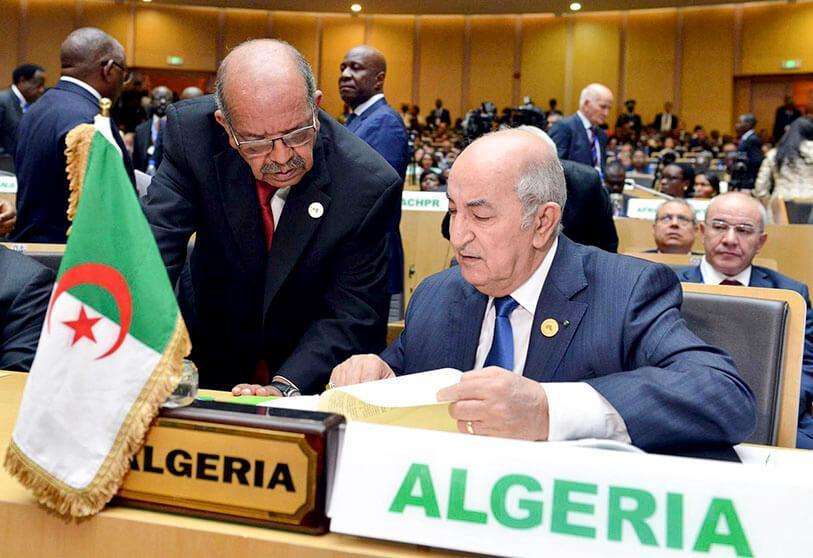
Algeria’s new Prime Minister, Sifi Ghrieb, convened his first full cabinet meeting on Thursday, September 25, focusing on the 2026 Finance Law and the implementation of President Abdelmadjid Tebboune’s economic strategy.
The meeting was described by officials as a step toward a “practical approach” to applying the president’s directives issued during the September 21 Council of Ministers.
The preliminary draft of the Finance Law was reviewed, highlighting measures aimed at encouraging investment, diversifying exports, and addressing social needs. The government said the law would serve as a cornerstone for economic modernization and public sector efficiency.
Since taking office, Ghrieb has led a series of high-profile visits to factories, mining projects, energy facilities, and infrastructure initiatives across the country, from Jijel and Béchar to Tindouf and the desert regions.
These trips, officials claim, reflect a “field-oriented” style meant to accelerate public action and demonstrate operational efficiency. President Tebboune emphasized that Ghrieb’s appointment was based on his capacity to deliver tangible results quickly.
However, analysts caution that these public displays mask deeper challenges.
Algeria’s economy remains heavily reliant on hydrocarbons, and efforts to diversify are progressing slowly. Budgetary constraints, exacerbated by volatile oil and gas prices, have limited the scope of reform. Observers note that the Finance Law largely relies on traditional measures such as subsidies, temporary tax incentives, and calls for foreign investment, while major industrial announcements appear largely symbolic.
Critics also highlight the absence of broad consultation. Civil society groups and opposition parties were reportedly excluded from discussions, rendering the Finance Law a largely technocratic exercise controlled by the executive.
“Without structural reforms, transparent governance, and genuine societal engagement, this return to battle order risks being little more than a communications exercise, with limited impact on the daily lives of Algerians,” analysts warned.
As the Ghrieb government moves forward, the challenge will be transforming ceremonial tours and public announcements into concrete policies capable of reshaping the nation’s economic and social landscape.



